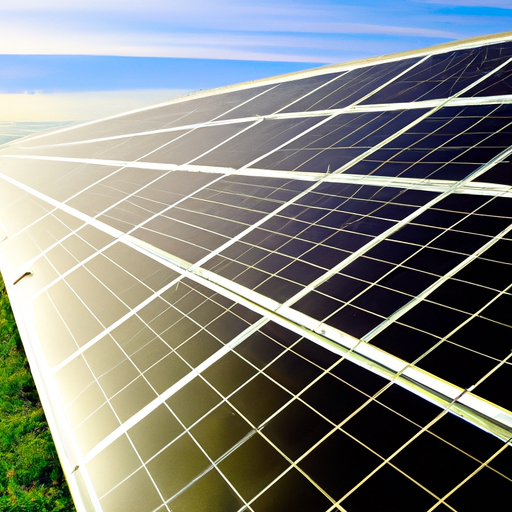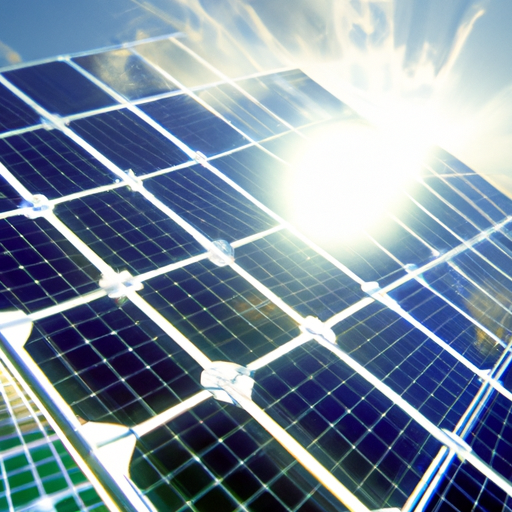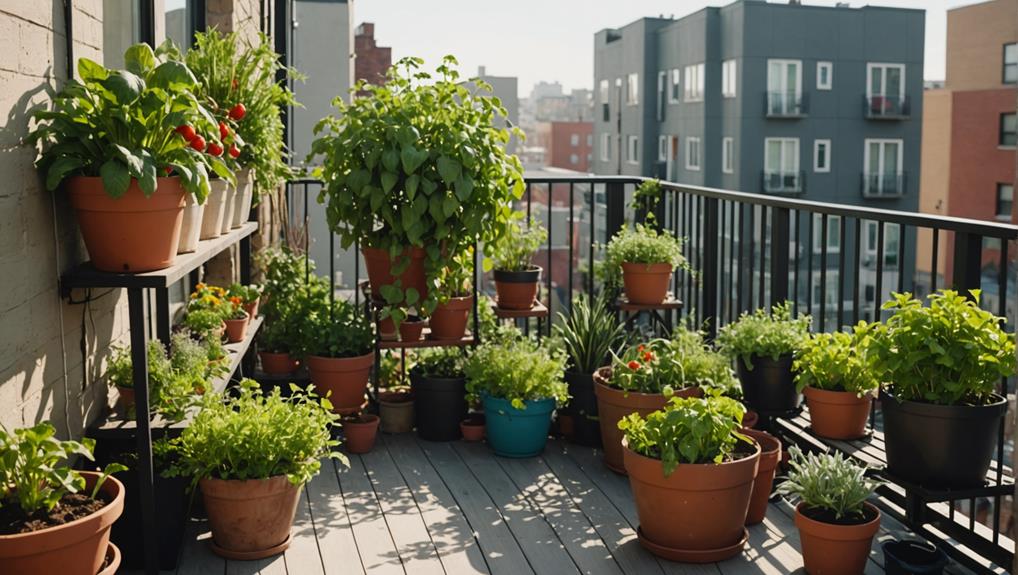As an Amazon Associate I earn from qualifying purchases.
Have you ever wondered what it would be like to live off the grid? To disconnect from the hustle and bustle of city life and truly rely on yourself and the resources around you? Well, in this article we’ll be exploring the benefits of off-grid living and why it might just be the lifestyle change you’ve been searching for.
Living off the grid means being self-sufficient and not relying on public utilities such as electricity or water. It’s about creating your own sustainable ecosystem and living in harmony with nature. Imagine waking up in the morning and hearing nothing but the sounds of birds chirping and the wind rustling through the trees. Imagine being able to grow your own food in a beautiful garden, free from pesticides and other harmful chemicals. Off-grid living offers a unique sense of peace and tranquility that is hard to find in our modern, fast-paced world.
In this article, we’ll dive deeper into the various benefits of off-grid living, from reducing your carbon footprint to saving money on utility bills. We’ll also discuss some practical tips on how to get started and navigate the challenges that may arise. So whether you’re just curious about the off-grid lifestyle or seriously considering making the switch, keep reading to learn more about the incredible advantages that await you.off

Exploring the Benefits of Off-Grid Living
Understanding Off-Grid Living
Off-grid living refers to the lifestyle choice of living without reliance on public utilities and being self-sufficient in meeting one’s energy and resource needs. It involves adopting sustainable systems and reducing dependency on external power sources. The decision to live off-grid often stems from a desire for greater independence, environmental consciousness, and financial savings.
Advantages of Off-Grid Living
1. Energy Independence
One of the significant benefits of off-grid living is the liberation from the reliance on external power sources. By embracing renewable energy solutions such as solar panels, wind turbines, or hydroelectric systems, off-grid individuals achieve energy independence. They no longer need to be concerned about rising electricity costs or frequent power outages. With energy stored in batteries, they can enjoy continuous power supply even during adverse weather conditions.
2. Environmental Sustainability
Off-grid living contributes to environmental sustainability in various ways. By utilizing renewable energy sources, individuals can minimize carbon emissions and reduce their ecological footprint. They play a vital role in conserving natural resources, preserving biodiversity, and combating climate change. Through conscious water usage, waste reduction, and eco-friendly practices, off-grid residents actively participate in creating a more sustainable future.
3. Financial Savings
Living off-grid offers a significant advantage in terms of financial savings. Individuals who opt for this lifestyle can lower or even eliminate their utility bills. By generating their electricity through renewable sources, they avoid the rising costs associated with traditional energy providers. Additionally, the initial investment made in off-grid systems can result in long-term economic benefits as these solutions typically require minimal ongoing maintenance and have a longer lifespan.
4. Self-Sufficiency
Off-grid living fosters a sense of self-sufficiency, which is highly empowering to individuals and communities. Those who live off-grid are often encouraged to produce their food and water locally, reducing their dependence on external sources. This lifestyle encourages the development of survival skills, such as sustainable farming, water harvesting, and food preservation. By becoming self-reliant, off-grid individuals gain a newfound resilience and an enhanced sense of security.
5. Increased Connection to Nature
Living off-grid provides an opportunity for individuals to embrace a natural lifestyle and reconnect with nature. Away from the hustle and bustle of urban centers, off-grid communities can discover the beauty of the outdoors and immerse themselves in the wonders of the natural world. Spending time in nature has numerous benefits for mental well-being, including stress reduction, improved mood, and increased creativity. Off-grid living allows individuals to prioritize and incorporate these benefits into their daily lives.
6. Reduced Carbon Footprint
By living off-grid, individuals actively contribute to mitigating their environmental impact and combatting climate change. In contrast to traditional energy sources, renewable energy systems used in off-grid living produce little to no carbon emissions. This reduction in carbon footprint is crucial for addressing global warming and creating a sustainable future. Off-grid residents can take pride in knowing that their choices are aligning with greater environmental goals.
Disadvantages of Off-Grid Living
1. Initial Investment
One of the primary drawbacks of off-grid living is the higher initial investment required to set up the necessary systems. Purchasing and installing solar panels, wind turbines, or other off-grid solutions can be costly, depending on the scale and complexity of the setup. While the long-term savings outweigh this initial expense, it may present a barrier for some individuals interested in transitioning to off-grid living.
2. Lifestyle Adjustments
Living off-grid necessitates significant adjustments to one’s daily habits and routines. Individuals must adapt to a more conscious use of resources, such as water and energy. This may involve reducing consumption levels, implementing energy-saving practices, and adopting sustainable habits. Additionally, off-grid living often entails limited or no access to modern conveniences, such as high-speed internet, cable television, or regular trash collection. It requires individuals to embrace a simpler lifestyle and be willing to forgo certain luxuries.
3. Lack of Convenience
Off-grid living can sometimes be inconvenient, particularly when it comes to accessing services. Individuals may find themselves far away from urban centers, making it challenging to access medical facilities, grocery stores, or emergency services. Additionally, maintenance and troubleshooting off-grid systems may require specialized knowledge or professional assistance, which can be limited and more costly compared to conventional living. Individuals must be prepared to handle these challenges and be resourceful problem solvers.
Conclusion
Choosing off-grid living is a personal decision that requires careful consideration of the advantages and disadvantages. By exploring the benefits of energy independence, environmental sustainability, financial savings, self-sufficiency, a stronger connection to nature, and reduced carbon footprint, individuals can weigh the pros and cons of off-grid living. It is essential to align this lifestyle with one’s values, taking into account the impact on the environment and embracing the benefits and challenges that come with living off the grid. With careful planning, preparation, and a willingness to adapt, off-grid living can offer a rewarding and fulfilling way of life.
As an Amazon Associate I earn from qualifying purchases.














